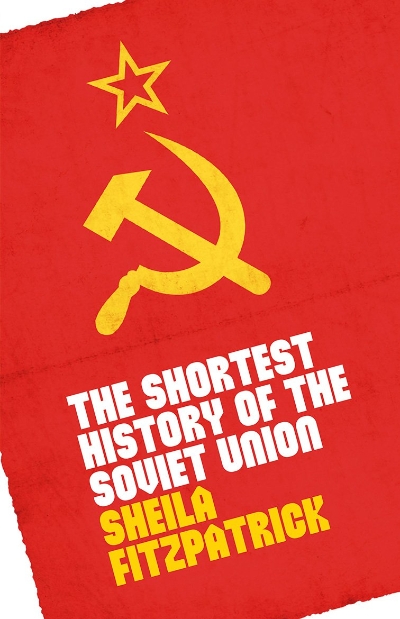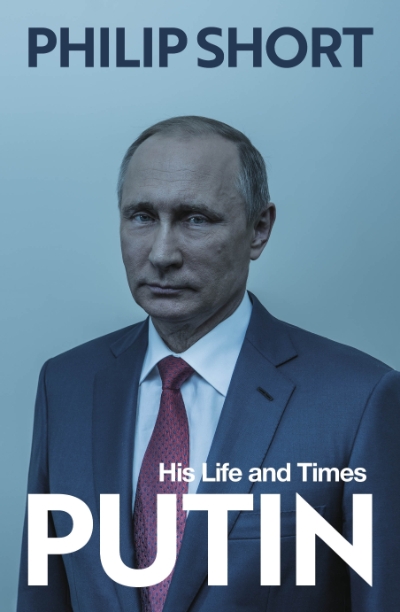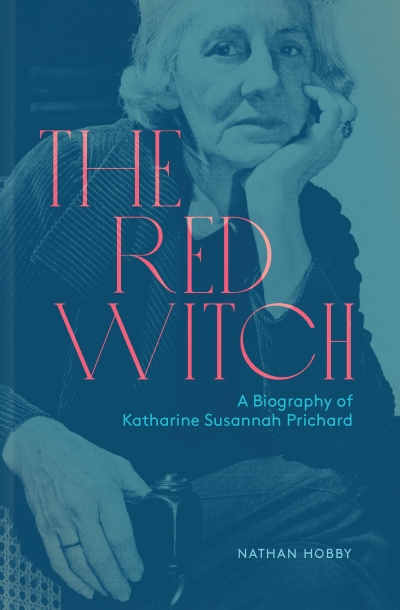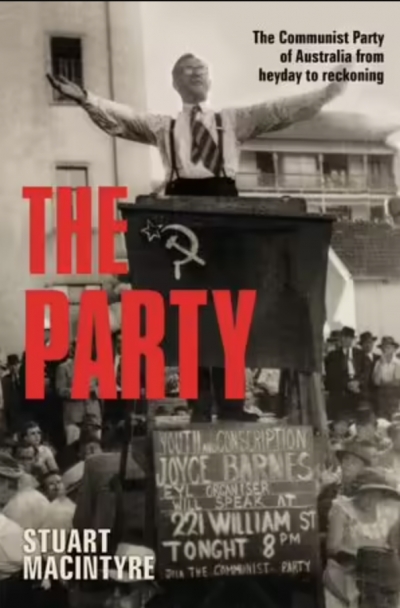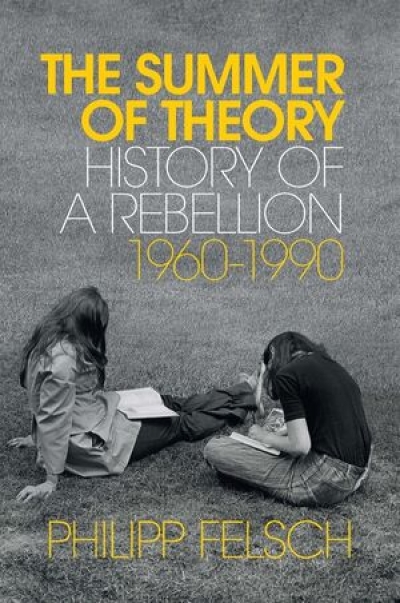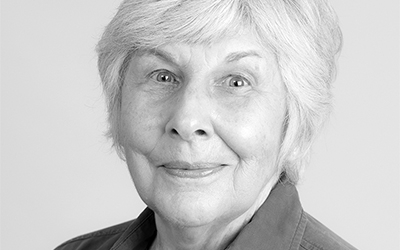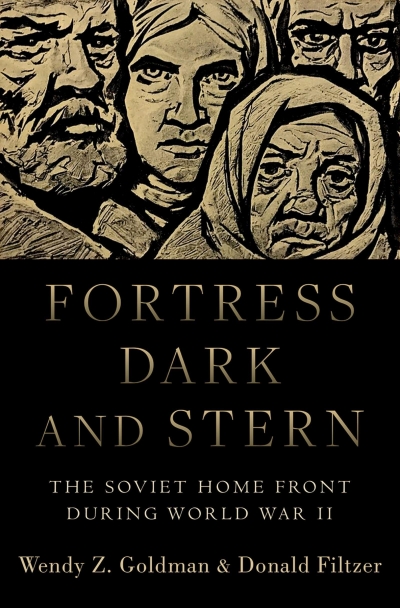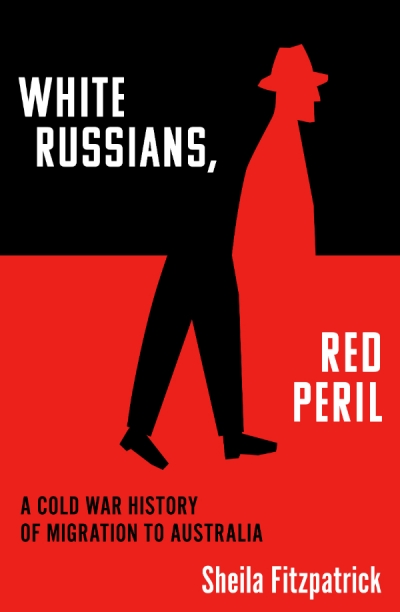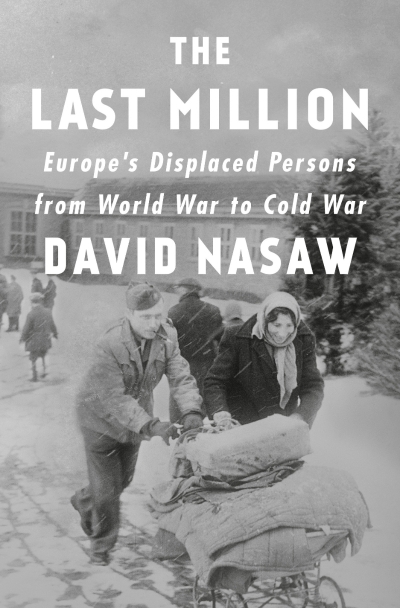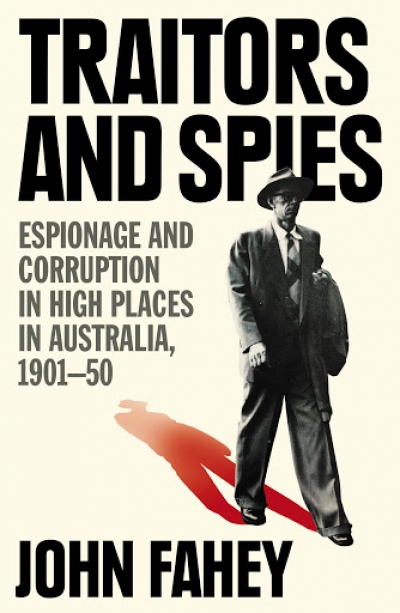Sheila Fitzpatrick
The Shortest History of the Soviet Union by Sheila Fitzpatrick & Collapse by Vladislav M. Zubok
by Luke Stegemann •
The Red Witch: A biography of Katharine Susannah Prichard by Nathan Hobby
by Sheila Fitzpatrick •
The Party: The Communist Party of Australia from heyday to reckoning by Stuart Macintyre
by Sheila Fitzpatrick •
The Summer of Theory: History of a rebellion, 1960–1990 by Philipp Felsch, translated by Tony Crawford
by Sheila Fitzpatrick •
In September 2013, six months after returning to Australia after forty-eight years away, mainly in the United States, I wrote a piece for ABR on being a returning expatriate. Actually, this wasn’t my first piece for the journal (that was a review of a biography of Ryszard Kapuściński seven months earlier), but it was a piece that had particular importance for me. Rereading it recently, I was struck both by the conversational tone, as if I already thought ABR readers were my friends, and by the underlying seriousness of the effort to explain myself. I didn’t write like that for American publications.
... (read more)Fortress Dark and Stern: The Soviet home front during World War II by Wendy Z. Goldman and Donald Filtzer
by Sheila Fitzpatrick •
White Russians, Red Peril: A Cold War history of migration to Australia by Sheila Fitzpatrick
by Stuart Macintyre •

